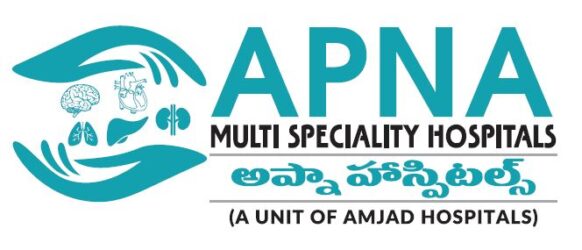Oncology is the study of cancer. Providing medical care for a person diagnosed with cancer at the initial stage may be life saving. An oncologist is a doctor who treats cancer and The field of oncology has three major areas such as
Cancers are often managed through discussion on multi-disciplinary cancer conferences. where medical oncologists, surgical oncologists, radiation oncologists, pathologists, radiologists, and organ-specific oncologists meet to find the best possible management for an individual patient considering the physical, social, psychological, emotional, and financial status of the patient.It is very important for oncologists to keep up-to-date with the latest advancements in oncology, as changes in the management of cancer are quite common.
Cancer is a group of diseases involving abnormal cell growth with the potential to invade or spread to other parts of the body. These contrast with benign tumors, which do not spread. Cancer diagnosis can cause distress and anxiety, clinicians may use a number of strategies such as SPIKES for delivering the bad news.
Risk Factors:
Tobacco: Tobacco exposure is the leading cause of cancer and death from it. Smoking tobacco is strongly associated with increased risk of cancers of the lung, larynx, mouth, esophagus, throat, brain, bladder, kidney, liver, stomach, pancreas, colon, rectum, cervix, and acute myeloid leukemia. Smokeless tobacco (snuff or chewing tobacco) is associated with increased risks of cancers of the mouth, esophagus, and pancreas.
Alcohol: Alcohol consumption increases risk of cancers of the mouth, throat, esophagus, larynx, liver, and breast. The risk of cancer is much higher for those who drink alcohol and also use tobacco.
Obesity: Obese individuals have an increased risk of cancer of the breast, colon, rectum, endometrium, esophagus, kidney, pancreas, and gallbladder.
Age: Advanced age is a risk factor for many cancers. The median age of cancer diagnosis is 66 years.
Cancer-Causing Substances: Cancer is caused by changes to certain genes that alter the way our cells function. Some of them are the result of environmental exposures that damage DNA. These exposures may include substances, such as the chemicals in tobacco smoke, or radiation, such as ultraviolet rays from the sun and other carcinogens.
Infectious Agents: Certain infectious agents, Including oncoviruses, bacteria, and parasites, can cause cancer.
Immunosuppression: The body’s immune response plays a role in defending the body against cancer, a concept known mainly because certain cancers occur at a greatly increased prevalence among people with immunosuppression.
Possible signs and symptoms:
1: Lump in Breast,
2: Abnormal bleeding,
3: Prolonged cough,
4: Unexplained weight loss,
5: and a change in Bowel movements.
While these symptoms may indicate cancer, they can also have other causes. Over 100 types of cancers affect humans.

